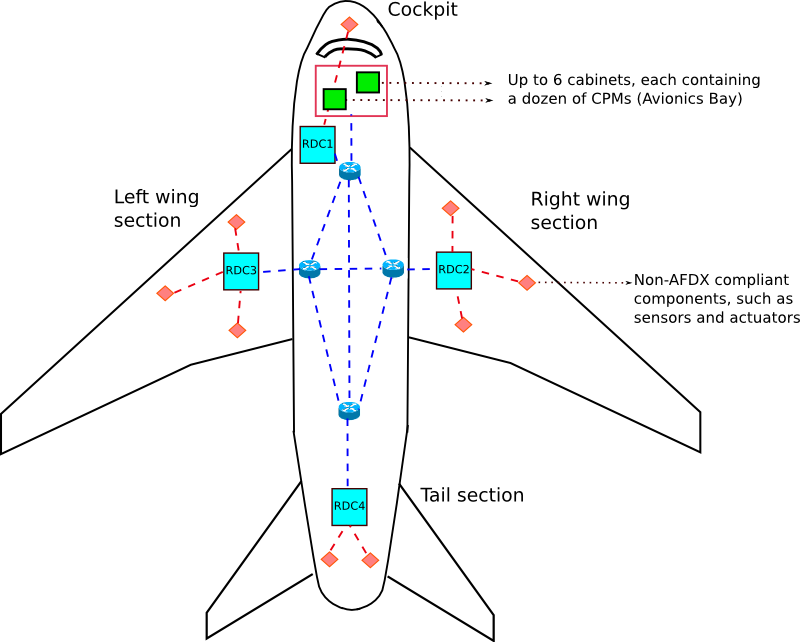The conditions for the correct performance of a real-time system
include not only the logical correctness of each of the tasks that are
executed but also their timing correctness, that is the system should
meet the timing requirements of each task. The design of such systems
usually relies on a pessimistic analysis based on worst-case execution
times of the tasks in order to find a taks scheduling meeting the
strict real-time requirements of the tasks. Even if it is approriate
in some specific application areas (e.g. avionics), this approach
does not allow to address many of the most important real-time system
applications because, when the execution time variance is high, it
leads to a significant over-provisionning of resources and puts
unnecessary constraints on the development. For real-time systems for
which the task set exhibit substantial variability, one would like to
develop approaches taking into account the stochastic nature of
processing times. Such approaches can lead to a drastic reduction in
the amount of on-board processing resources. Similarly, taking into
account the needs for system reconfiguration in case of failure can
lead to significant gains.
OSEC is a 2-year project funded by the LAAS
laboratory. It is a joint project of 3 research groups:
MRS, OLC
and
MOGISA.
See full description of the project: PDF
|

